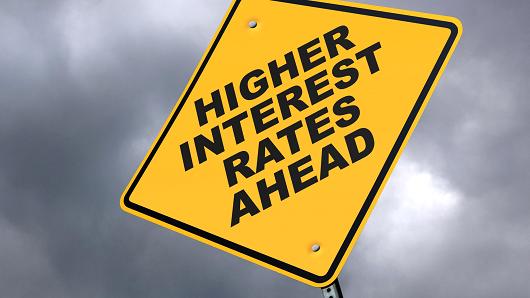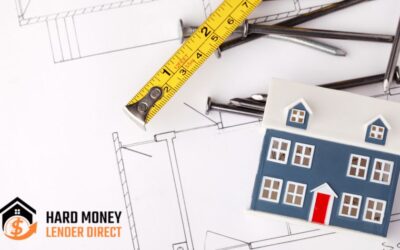Why do hard money lenders charge higher interest rates?
Why do hard money lenders charge higher interest rates? Our rates aren’t tied to Wall Street market indices or correlate with prevailing interest rates charged by conventional lenders. Also, hard money rates are generally fixed and rarely fluctuate. Hard money lenders charge more because they are lending their own capital, or 3rd party investors capital. Investor capital comes with higher return expectations, with rates priced based on the risk profile of the lending program. The best way to understand this is by looking at the capital stack. In the equity position of a real estate investment, investors expect higher returns (15%-20%+), but they are in the first loss position so there is more risk. As you go from the equity position down the capital stack to the senior debt position, their investment becomes less risky so their return expectations are lower. An investor may look for a 7-10% return from a hard money lender on a 75% LTARV loan. Of course, hard money lenders need to cover expenses and make a profit. That why hard money interest rates are usually between 8-13%, and an additional 1 or 2 points in Origination Fees. Banks have the luxury of very low cost of capital. They have the ability to lend deposits. Banks are only paying depositors 70bps as of this blog post, and are charging their borrowers 4-6% for construction loans and a 1 point origination fee. That’s a pretty nice margin. There is also the risk profile to consider when comparing a hard money loan and a bank/conventional loan. Banks will do a lot of due diligence on the borrower’s financial condition. They will look closely at debt to income ratios and will have a higher bar in terms of overall credit. Hard money lenders are primarily focused on the value of the real estate, and usually require far less paperwork from the financial health of the borrower. Banks are also much more conservative in terms of leverage (LTV/LTC), requiring more investment on the part of the borrower. Hard money lenders will lend up to 92% of the project costs, which is much higher than a bank will go. Higher leverage and lower credit standards equals more risk, so it makes sense why hard money lenders charge more in interest.
Are hard money loans cost prohibitive? Our rates aren’t really as high as you may think. If you have a lot of investing experience, I’m only charging you 8%. If you are an experienced flipper, you can buy the property, renovate and sell in 6 months using hard money. That’s an effective interest rate of 4%, on par with what banks charge.
What if you have time, why not just go to a bank? Experienced real estate investors understand time value of money and opportunity cost. They understand that by paying higher interest rates, they can close in days and not months. If you do find a bank willing to make a fix and flip loan, a Bank can take a month to approve your loan and then another month or two to close. Hard money lenders can give investors a big competitive advantage when buying a property. Most sellers, especially distressed sellers, will always prefer an offer from a buyer with a faster closing timeframe. Borrowers use our hard money loan program like they are making a cash offer with an immediate close. As a result, more than 50% of the time my borrowers are able to purchase the property at a reduced price. That’s another factor that makes hard money cheaper in the end that you may think.



